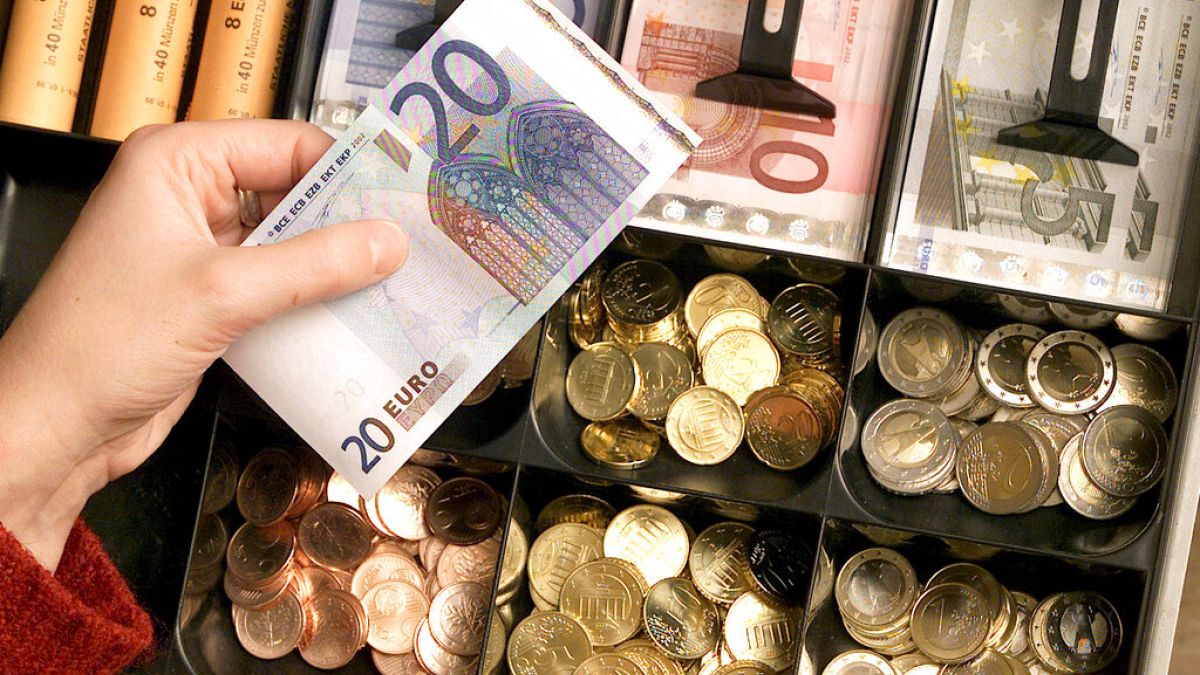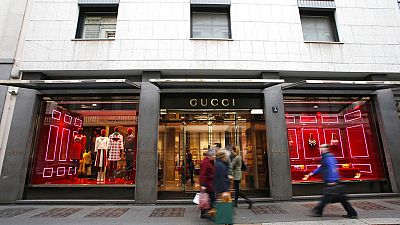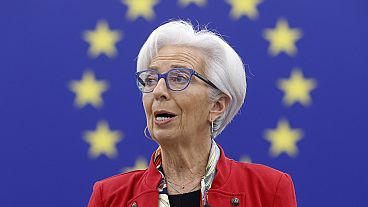Positive surge in eurozone economic sentiment and employment expectations indicator contrasts with a less pronounced increase in sales. Euronews Business breaks down the latest figures
A key indicator of sentiment within both the EU and the eurozone saw a rise in optimism over the economy and employment expectations, despite slower growth in sales.
The Economic Sentiment Indicator (ESI) in December rose from 93.8 to 95.6 in the EU, and from 93.8 to 96.4 in the eurozone. The EU consists of nations meeting specific membership criteria, while the eurozone includes countries using the euro as their main currency.
The ESI measures confidence across various sectors, with manufacturers contributing 40%, followed by service providers at 30%, consumers at 20%, and both retailers and constructors at 5% each.
Across major EU economies, Italy saw a 2.6-point increase in the ESI, while Spain and Germany both rose by 2.4 points. Conversely, the Netherlands experienced a 1.1-point decrease, and France had a slight drop of 0.5 points. Poland's sentiment remained relatively steady, increasing by just 0.2 points.
The employment expectations indicator (EEI), consolidating managers' anticipated employment plans across industry, services, retail trade, and construction, also showed a positive outlook. It rose by a modest 0.5 points in the EU, reaching 102.4, and remained nearly unchanged in the euro area, showing just a 0.1-point increase.
The rise was fuelled by brighter employment intentions among services and construction managers, although slightly offset by less optimistic forecasts in the industry. Employment intentions among retail trade leaders remained fairly stable.
However, the outlook for retail sales in the eurozone was not as positive, sliding by 0.3% in November compared with the previous month after a revised 0.4% rise in October. This matched market expectations and marked the most significant drop in retail volume since August.
Sales of food, beverages, and tobacco decreased by 0.1%, the second consecutive monthly decline. Non-food sales, excluding fuel, also fell by 0.4%, notably affected by a 1.2% drop in online retail.
Germany saw a 2.5% decrease in retail volume, while France's 0.4% increase helped counterbalance this decline.
Yearly retail sales fell by 1.1%, extending a 14-period trend of contraction.



